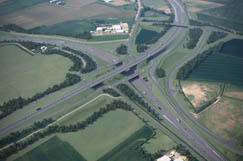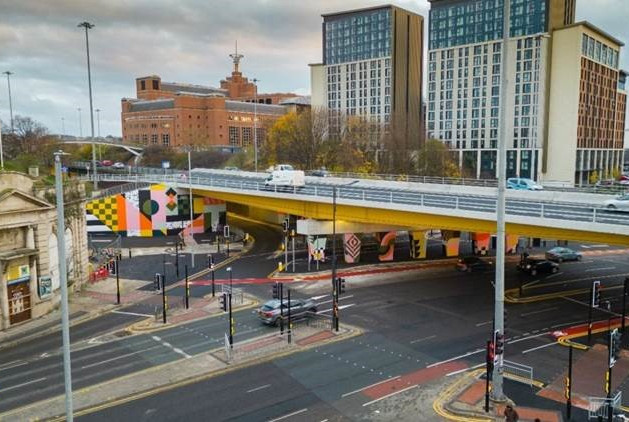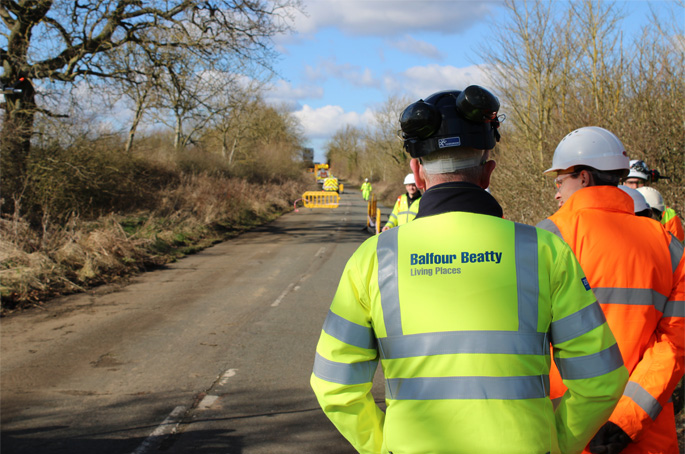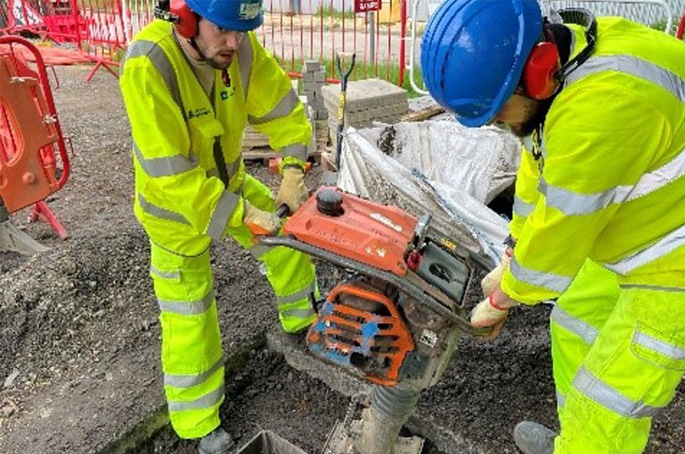A review of carbon emission forecasts from road vehicles in government modelling has seen emission estimates increase by millions of tonnes, prompting calls for more policy action.
A technical annex to the Government's Carbon Budget Delivery Plan and the Net Zero Growth Plan, published last month, includes adjustments to baseline projections for some sectors ‘to reflect the latest developments in policy, technological developments, underlying trends, and the science of climate change'.
It states: ‘This increases the need for government policy to achieve our Carbon Budgets.'
The document notes two adjustments for the transport sector. ‘The first is to account for updated real world emissions uplift factors, especially for Plug-in hybrid Electric Vehicles (PHEV). Recent evidence suggests PHEVs are 3-5 times more polluting in the real world than in test drives. This adjustment raises baseline emissions.'
A second adjustment results from updates to traffic projections in the National Transport model. ‘Post-COVID car demand has been lowered by 5% to reflect lower levels of commuting. However, the Department for Transport forecasts that HGV and van miles will be higher than that forecast in EEP 2021-2040 – due to outturn data showing higher van and HGV traffic than previously assumed.'
The result of these adjustments is to add millions of tonnes of carbon dioxide equivalent CO2e a year over the next three carbon budget periods, from 2023 to 2037.
According to the document, this means additional emissions of 4.1 million tonnes CO2e a year on average in the fourth Carbon Budget period, 9 million tonnes a year for the fifth Carbon Budget, and 13 million tonnes a year in the sixth Carbon Budget.
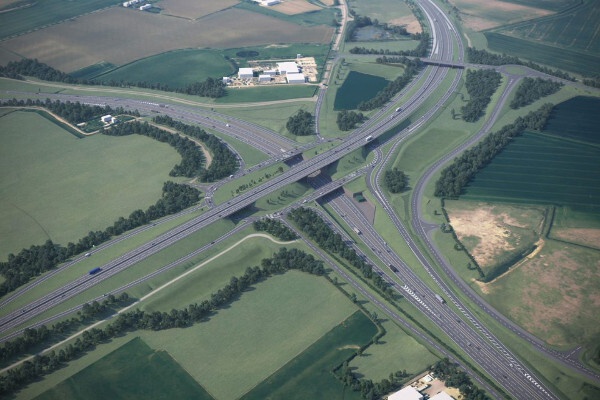
The A428 Black Cat to Caxton Gibbet scheme is estimated to cost up to £950m
A Department for Transport (DfT) spokesperson said: ‘We are committed to delivering our Net Zero ambition and this hasn't changed since we published our world-leading Transport Decarbonisation Plan.
‘In line with best analytical practice, the Department continually reviews its projections and makes changes when appropriate to ensure plans are based on the latest scientific data.'
Last year, the DfT refused to release the assumptions behind its transport decarbonisation plan in response to a request under freedom of information laws.
Chris Todd, director of Transport Action Network, said: ‘With the revised net zero strategy admitting we are off track to meet 2030 targets, ministers are deliberately accelerating us towards runaway climate change.'

